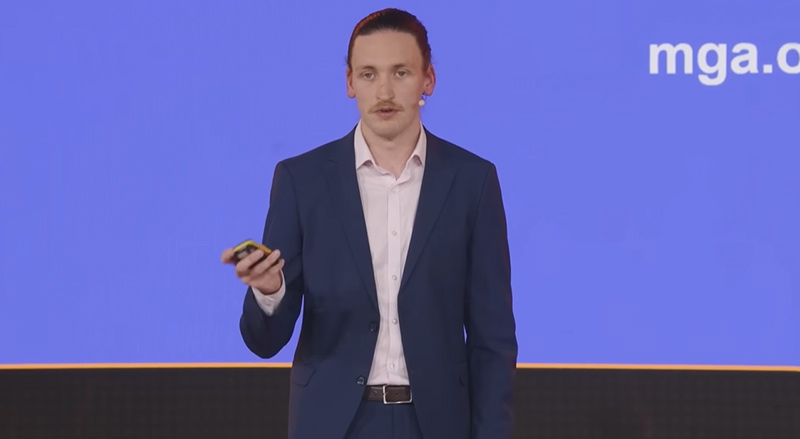In the dynamic landscape of the iGaming industry, technological advancements continually redefine the way players engage with online platforms. One such transformative force is Distributed Ledger Technology (DLT), which has emerged as a catalyst for innovation and transparency.
DLT serves as the technological foundation and set of protocols facilitating simultaneous access, validation, and updating of records within a database. It is the underlying technology powering blockchains. The infrastructure, in principle, empowers users to observe any modifications and identify the contributors, ensuring the reliability of data and restricting access to only those with a legitimate need.
As the iGaming sector seeks to enhance security, fairness, and efficiency, the integration of DLT introduces a paradigm that reshapes traditional models. This groundbreaking technology, commonly associated with blockchain, holds the potential to revolutionise the way transactions are conducted, data is managed, and trust is established within the iGaming ecosystem. This opening up of new possibilities reflects a strategic leap forward, positioning the industry at the forefront of digital evolution.
DLT in Malta iGaming
Malta, one of Europe’s top iGaming hubs, is already making good use of DLT and blockchain technology, says Odhran Griffin, Systems Auditor at Malta Gaming Authority (MGA). Speaking at the recent London Blockchain Conference, Griffin described the regulatory efforts of the MGA in overseeing the utilisation of Distributed Ledger Technologies and highlighted the innovative applications of this technology by licensed operators.
“Every jurisdiction approaches it differently. We can split it down into three distinct approaches: complete prohibition, non-comprehensive regulation, and comprehensive regulation”, he said.
Griffin added that Malta typically falls into the latter category and that companies and users typically look to the gaming industry to regulate and act as a ‘seal of approval’. ‘There are a lot of different ways DLT can be used in the gaming world. We always want to welcome new innovative technologies, but we need to tread carefully’, he said.
A regulatory viewpoint
In December 2018, Griffin and his colleagues at the MGA released the initial version of their VFA & DLT Policy Paper. Subsequently, in January of the following year, the authority unveiled its “Policy on the Use of Distributed Ledger Technology by Authorized Persons,” delineating the regulations governing the technology’s application in the sector.
Among the policies discussed during Griffin’s presentation to his audience in London is the mandate for casino operators to accept virtual financial assets (VFA) as evidence of their ability to manage funds.
He added that the key focus of his regulatory body is promoting responsible gaming. He delved into specific details of their policy and the challenges encountered, highlighting issues such as changes in wallet addresses. Griffin cited examples where players request withdrawals to addresses different from those used for deposits, particularly in cases where individuals have lost access to a specific address or wallet.
